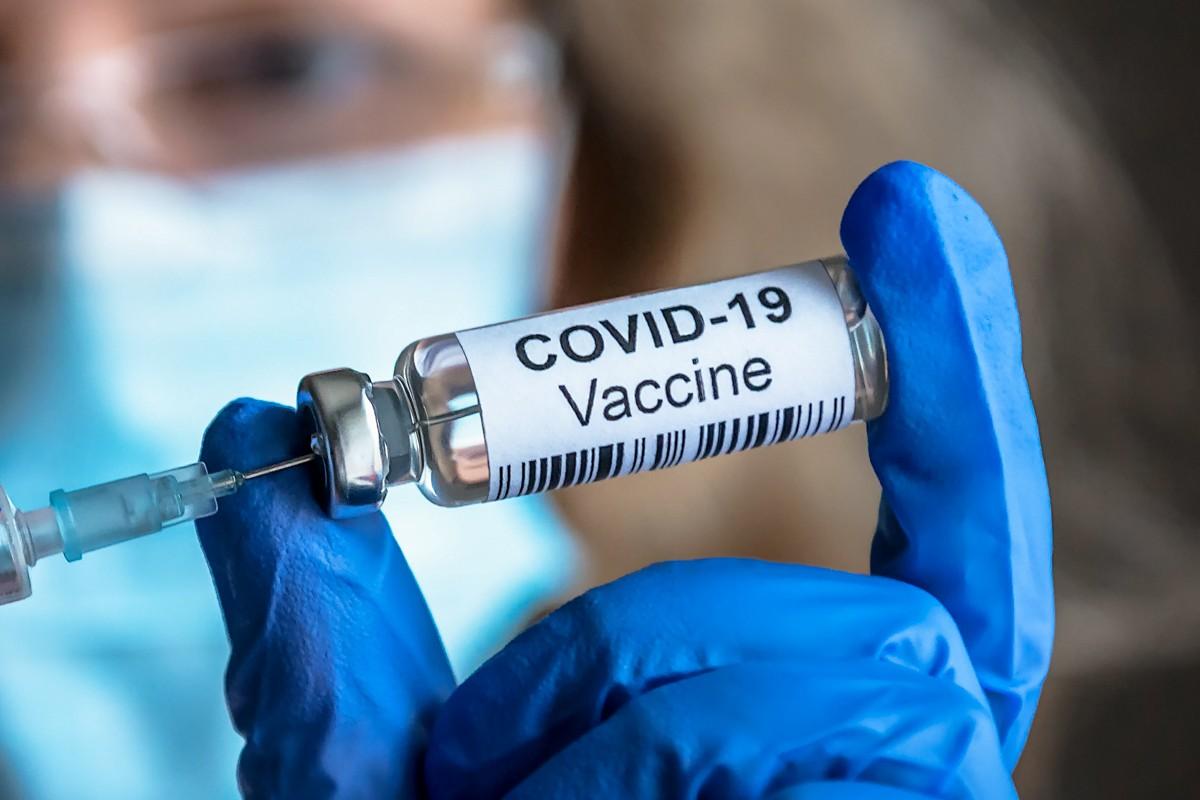As prepared for delivery.
Opening
President of the Economic and Social Council (ECOSOC) (and Permanent Representative of Botswana to the United Nations), Ambassador Collen Vixen Kelapile,
Vice-President of the Economic and Social Council, (and Permanent Representative of Thailand to the United Nations), Ambassador Suriya Chindawongse,
Secretary-General of the United Nations Conference on Trade and Development (UNCTAD), Rebeca Grynspan,
Senior Vice-President and Chief Economist of the World Bank Group, Carmen Reinhart,
President of the Hungarian Central Statistical Office and Vice-Chair of the United Nations Statistical Commission, Gabriella Vukovich,
Distinguished Delegates,
Excellencies, Ladies and Gentlemen,
The Omicron surge reminds us that the pandemic does not take a break -- and that there is a mountain to climb before we shift into endemic status across the world.
As we speak, only 11% of people living in low-income countries have received at least one dose of the vaccine.
Remarkably, more vaccines have been delivered as booster shots in the richest countries of the world than first shots in low-income countries over the last six months.
Booster after booster in a small number of regions cannot end a pandemic while billions of people -- predominantly in developing countries -- are completely unprotected.
Many developing countries are also finding it difficult to access the finance needed to power the recovery while others are in debt distress.
By our count, 82 developing countries are ‘fiscally-vulnerable’ and it is getting harder and harder for governments to provide people with the support they need -- that includes informal workers, unpaid care workers and women driven out of the labour force.
If you add the growing challenges – rising energy and food prices, higher interest rates, and supply chain issues (amongst others) -- we are facing a “perfect storm” to push even more people into poverty and deepen inequalities.
We must face up to the threat of a global divergence in the economic recovery between developing and developed countries, which threatens the promises of the 2030 Agenda.
The UN’s Unique Added Value
And yet, not everything is so bleak.
First -- If there is a powerful lesson from the COVID-19 response, it is that the United Nations development system is more than the sum of its parts.
The UN is working as one on the ground in 170 countries -- from procuring and deploying vital medical equipment and vaccines; to supporting digital cash transfers; to assisting small businesses to stay afloat, which account for 70% of the world’s employment; to helping governments to enact gender-sensitive policy responses to the pandemic.
What the UN lacks in fiscal might, it makes up in effective, timely support on the ground.
Second -- responses that work are tailored to diverse country contexts.
The UN is able to offer this nuanced political, institutional and fiscal attention to the differing needs of SIDS, LDCs, MICs and crisis & fragile contexts, for instance.
Three Priorities
To build forward better from COVID-19, there are 3 key priorities on the multilateral agenda:
- First, we need to finish the race to get the world vaccinated through swift action, as spelled out by the UN Secretary-General and Dr. Tedros, the WHO, UNICEF and GAVI in the COVAX agreement.
- Second, the multilateral system needs to expand the fiscal space and drive forward SDG-aligned financial flows in 2022. This must also involve multilateral action on debt relief, concessional financing, Special Drawing Rights and concerted SDG “push” investments. This is not a “money issue”: it is about youth and women’s employment; it is about keeping schools & health centres open; and making sure refugees, migrants & IDPs are safe in crisis & fragile contexts, for example.
- Finally, as we tackle this stage of the pandemic, we also need to set the stage for the future. Policymakers are distracted by high energy prices and interest rates, but we should not drop the ball on energy access, nor relent on the technological and financial transfers needed to advance the transition to a global green economy, which will help to drive forward human development at the same time.
We are up against a generational challenge: we will be talking about a COVID-19 inflection point for decades, but we should not be talking about a COVID-19 surge in 2023.
Thank you.

 Locations
Locations
